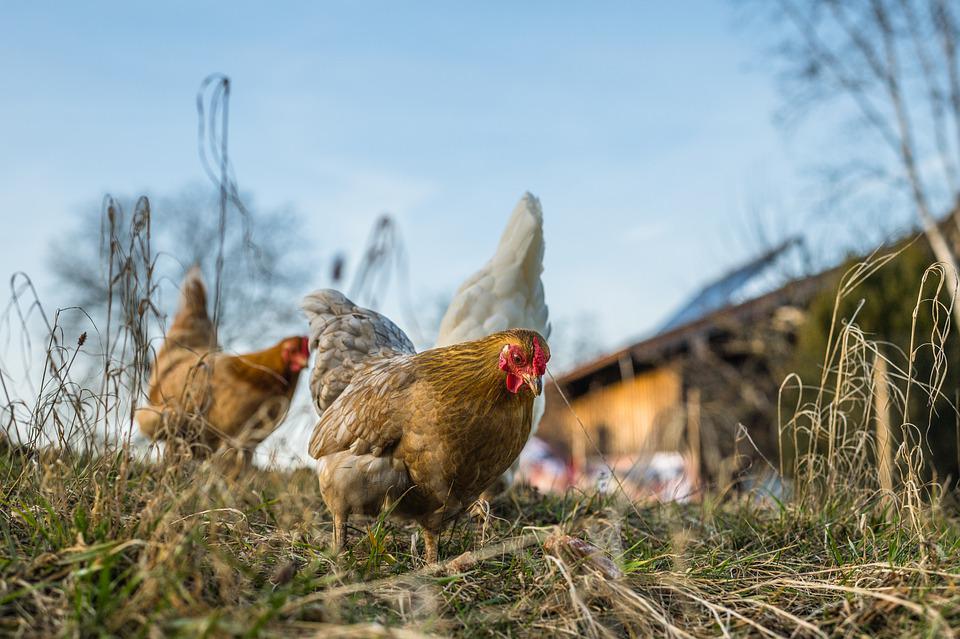



Article by: Hari Yellina
The Australian Competition and Consumer Commission (ACCC) has wrangled concessions from Australia’s largest chicken meat manufacturers in order to make some of their contracts with farmers more equitable. Two large corporations dominate the $3 billion market, with Ingham’s and Baiada Poultry supplying over 70% of the chicken meat in Australia. The corporations had too much authority, according to the ACCC, and the contracts may cause “substantial financial injury to growers.” In 2020, the body was tasked with conducting an investigation of negotiating power inequalities in supply chains for perishable agricultural goods in Australia, and it delivered its findings the following year.
The processors have now agreed to make contract revisions to specify when they may ask growers to upgrade farm facilities and when processors may make adjustments to their grower guides. Sudden modifications to grower guides could result in expense blowouts for growers, such as modifying bird population limits in a shed. The processors have also consented to clarify the circumstances under which they can charge growers extra fees and to balance notification durations for termination clauses. However, Peter Wojcicki, chair of the NSW Farmers’ Poultry Committee, said there were additional issues with the current situation that growers were experiencing. Variability in the increasing charge between states, and even different processors, is one of the most significant.
Farmers, he said, would like to see pay that is consistent for the same work. Mr Wojcicki added that contract terms had also varied. He explained, “They used to be seven-year contracts, then they became five-year contracts.” “Now they’re down to three-year, one-year contracts, and growers are growing without a contract when some of the contracts expire.” Mr Wojcicki said there had been a mass exodus from the poultry industry in the last four to five years, with 20 to 30 percent of chicken growers departing. He expressed his expectation for improved transparency and accountability in grower-processor arrangements, saying that “at the present they are clandestine” and that poultry growers were in a vulnerable situation.
“We’ve discovered that anyone who speaks out about the terms of these contracts faces retaliation from the processors,” Mr Wojcicki added. “And the farmers are too afraid to say anything about them because they want to keep the contract, their farms, and their money.” Mick Keogh, ACCC deputy chair, said there had been some success in securing concessions from processors, which was a “positive start.” He added that present regulations allowed for the voiding of improper contract stipulations, but that this was a process that many farmers couldn’t afford. “At the moment, there are no penalties associated with having an unjust clause in your contract,” Mr Keogh says.